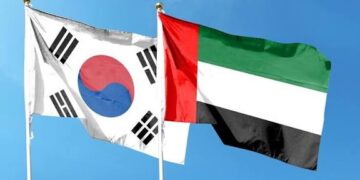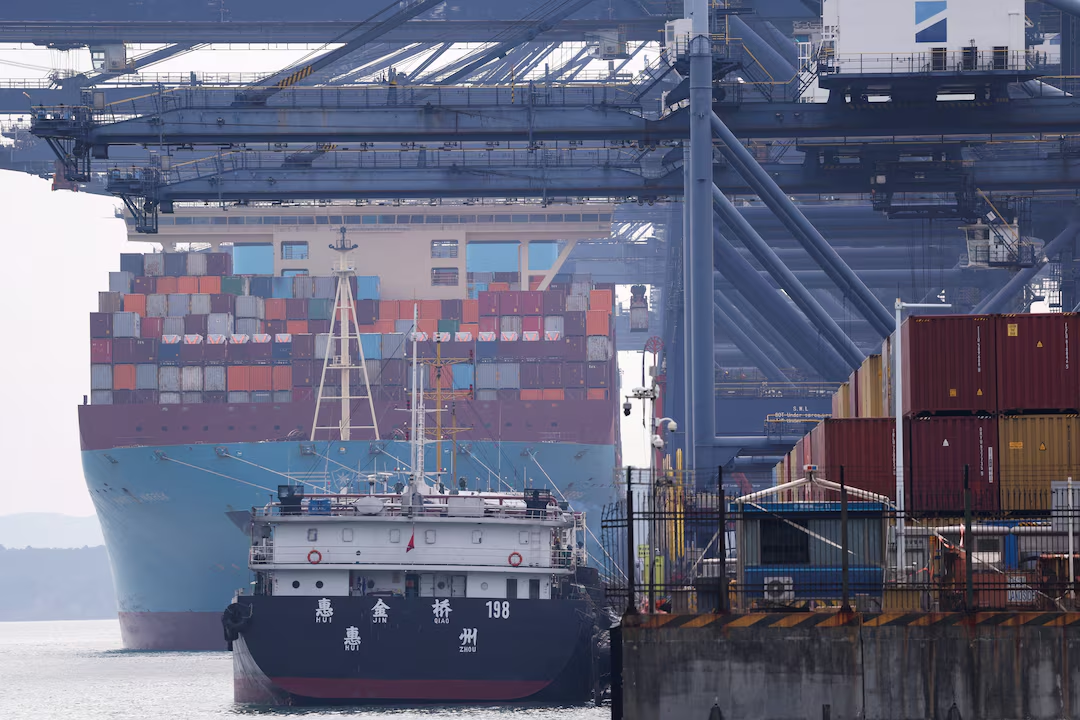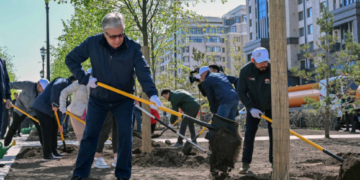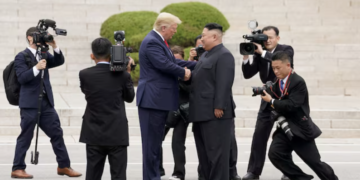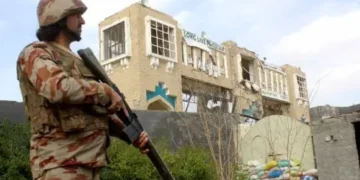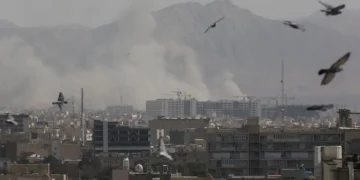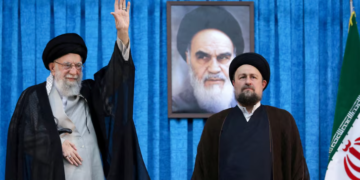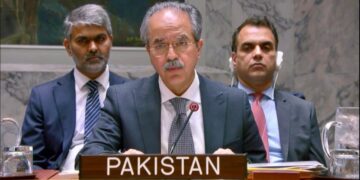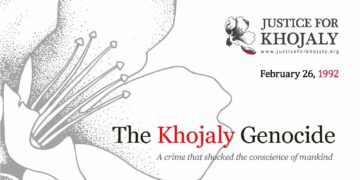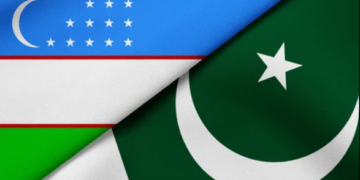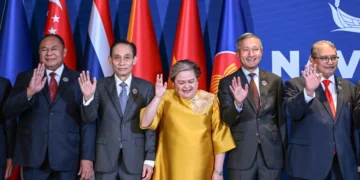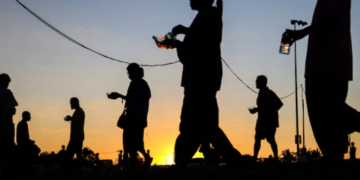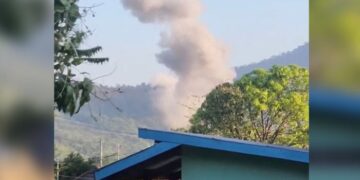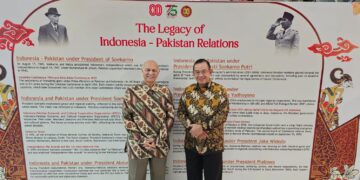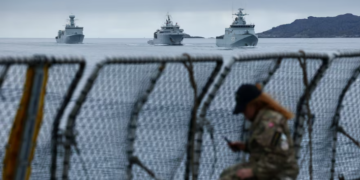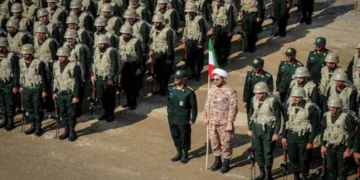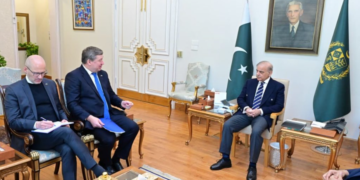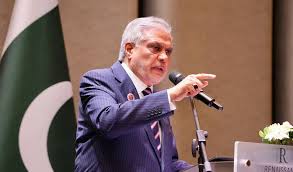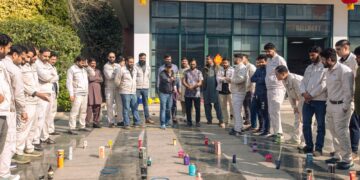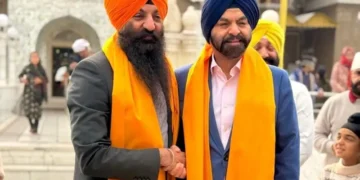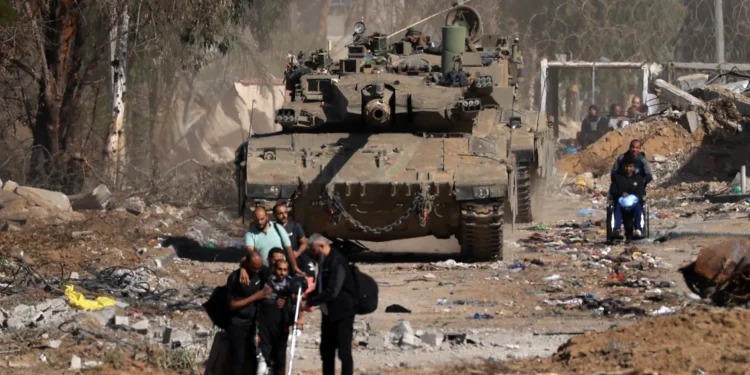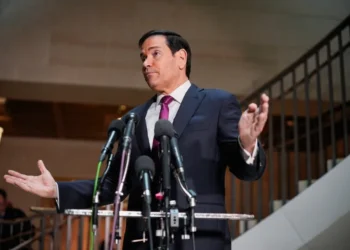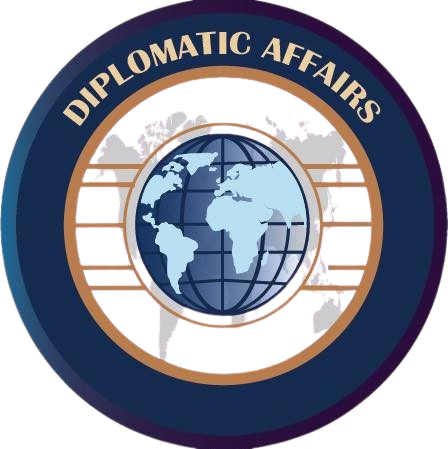Web Desk; Israeli forces have begun moving troops into Gaza as part of an escalating offensive, killing at least 81 Palestinians since dawn and worsening an already dire humanitarian crisis.
The military announced the initial stages of a planned operation to seize Gaza City, the enclave’s largest urban center, where nearly one million residents remain trapped under relentless bombardment and facing acute shortages of food, fuel, and medical supplies.
The toll from both attacks and enforced starvation continues to rise. Three additional Palestinians starved to death on Wednesday, bringing the total hunger-related fatalities to 269, including 112 children.
Israeli airstrikes targeted a tent sheltering displaced Palestinians in southern Gaza, killing three people. Among the victims was Mohammed Shaalan, a former Palestinian national basketball player, who was shot at a Gaza Humanitarian Fund (GHF) aid distribution point. In total, at least 30 aid seekers were killed that day.
The blockade and ongoing assaults have created severe humanitarian conditions in Gaza. The UN’s World Food Programme (WFP) warned that malnutrition is spreading rapidly. The agency emphasized that the crisis is not merely hunger but starvation, causing lifelong developmental harm, weakening immune systems, and turning common illnesses into life-threatening conditions. UNRWA reports that nearly one in three children in Gaza City is now malnourished.
Israeli rights group Gisha has challenged government claims that the UN is responsible for aid shortages, noting that Israel has used control over aid entry as a weapon since the start of the offensive. Delivering assistance into Gaza has been rendered nearly impossible by these policies.
The fuel crisis is further complicating emergency response. Gaza’s civil defense warns that vehicles often fail during missions due to fuel shortages or lack of spare parts, severely hampering rescue efforts. UNRWA staff describe working under catastrophic conditions, walking long distances under extreme heat to reach patients in urgent need.
The troop movement and escalation come as Israel calls up 60,000 reservists to bolster operations in Gaza City. Tanks and ground forces have pushed closer to the city center, intensifying attacks in neighborhoods including Zeitoun and Jabalia. UN spokesperson Stephane Dujarric warned that this could trigger mass displacement of residents who have already been forced from their homes multiple times since the conflict began.
Hamas condemned the offensive, describing Israel’s actions as a continuation of its “brutal war against civilians” and warning that the city’s population faces forced displacement. Relatives of Israeli captives in Gaza also criticized the government for ignoring a ceasefire proposal approved by Hamas, calling the move a painful setback.
International mediators continue efforts to secure a truce. Qatar and Egypt are awaiting Israel’s response to a framework calling for a 60-day ceasefire, a phased exchange of captives, and expanded humanitarian aid.
Despite US backing, Israeli Prime Minister Benjamin Netanyahu has not publicly accepted the proposal, insisting that all hostages must be released immediately under Israeli conditions.
Humanitarian organizations warn that Gaza is facing an apocalyptic reality. Save the Children’s Ahmed Alhendawi described the crisis as catastrophic for children, families, and an entire generation. With over 62,000 Palestinians killed so far, urgent international intervention is needed to prevent further loss of life and mass displacement.
Source: Al Jazeera and news agencies





